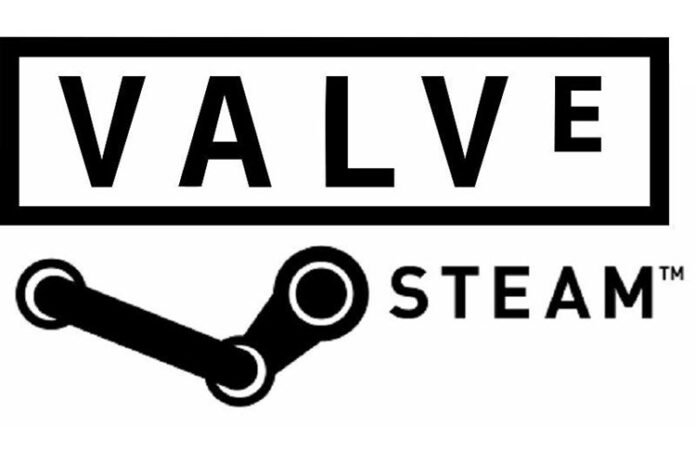
Ah, Steam. For years now, it’s been one of the top places to go for PC gamers to get their hands on titles from across the decades. It’s a nifty platform that makes managing one’s PC gaming library a lot easier, and it even supports mods through the client for many of those games. Needless to say, it has a fairly good reputation with the public.
But it’s not all sunshine and rainbows. In fact, there’s apparently a darker side to Steam and the Valve overlords who run it, if recent legal activity is anything to go by.
A lawsuit against Valve Inc. Has been filed for “creating an artificial barrier to entry” for game developers. Apparently, the focal point of the issue has to do with the “Most Favored Nations” clause which is included in the Stream Distribution Agreement. This clause goes as follows: “the price of a PC game on the Steam platform will be the same price the game developers sell their PC games on other platforms.” Game developers making use of Steam are forced to agree to this pretty shady clause. The attorneys leading the charge with this lawsuit claim that Valve is abusing the aforementioned clause by using it to increase the difficulty of other platforms to compete against Steam. It’s understandable how this works: there’s little reason to buy games from another platform if the selling point is the same across the board.
Needless to say, this clause doesn’t promote fair competition, but rather creates an artificial barrier of market entry for aspiring game developers, and that’s not good.
The lawsuit claims that “When a market, such as this one, is highly concentrated, a new entrant can benefit consumers by undercutting the incumbent’s prices. The ability to provide PC games to consumers at lower prices is one way a firm or new entrant could gain market share. If this market functioned properly–that is, if the Steam MFN did not exist and platforms were able to compete on price–platforms competing with Steam would be able to provide the same (or higher) margins to game developers while simultaneously providing lower prices to consumers.”
The importance of this lawsuit for the general public is twofold: for one, a fair environment for game developers is vital to the success of the industry. Secondly, this lawsuit is addressing the blatant abuse and manipulation that is keeping game prices higher than they need to be, which affects consumers. If Valve’s Steam dominates the PC game market, and anyone who sells their game on that platform has to sell it at the same price on all other platforms then Valve can raise prices whenever they wish with relatively little consequence. Not only does this make it more difficult for developers to enter the market, but it means gamers have to shell out more money for most titles.
It’s also noted that Steam is the “dominant platform for game developers to distribute and sell PC games”. Naturally, such dominance gives one company a lot of power in one particular market, leading to the aforementioned problems of dictating product pricing at their leisure. This lawsuit may be the first step in equalizing game distribution across multiple platforms. Even if Valve wins this lawsuit, they’ll likely have to rework some aspects of their business since these transgressions have been brought to light.
Mark is a senior editor and retail/deals enthusiast at TheDealExperts.com. He specializes in finding the best deals available in-store and online. In his spare time, mark enjoys taking his pups on hikes, camping, fishing and getting on the road.



































